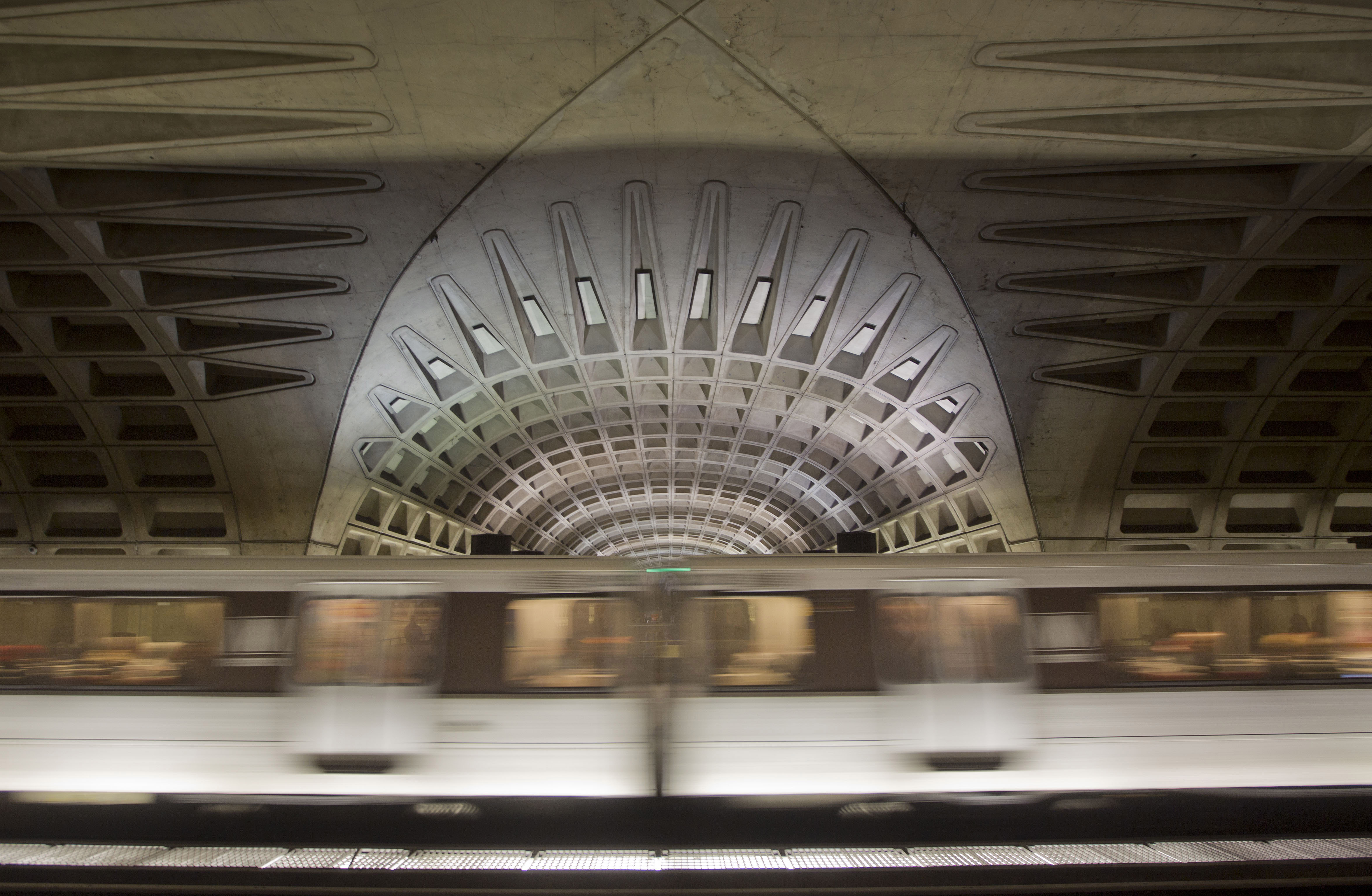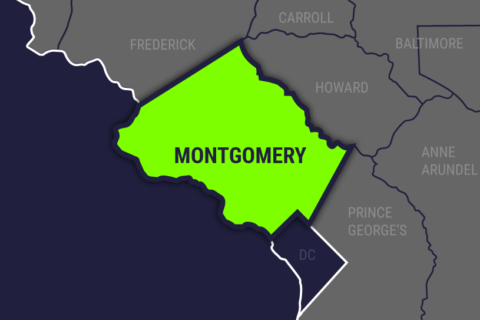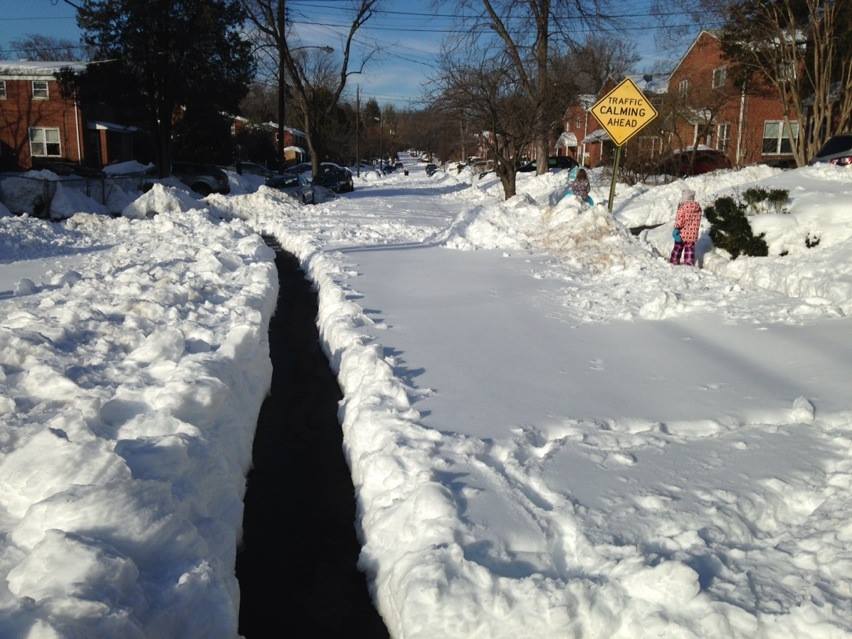WASHINGTON — Metro lost about $7 million in revenue during the complete shutdown of the system last weekend through the region’s massive snowfall, free rides on Monday and fewer riders than usual in the middle of the week.
“It’s almost like a bell curve: as people started to not use the system as much as the storm approached, the revenues went down. Obviously when we shut down the system, they were totally turned off, when we reopened and did not charge we weren’t collecting revenues, and then it slowly built back up,” Metro General Manager Paul Wiedefeld says.
On Wednesday, when federal offices opened with a three-hour delay and the option for unscheduled leave or telework, Metro said morning ridership was about 90 percent compared to the previous week.
Wiedefeld did not have exact numbers yet on what Metro’s snow cleanup efforts have cost, but he says he expects the overall combination of costs and lost-fare income to be “significant.”
“Once that meter starts, it runs pretty hard,” he says.
Many railcars and buses that were not sheltered in tunnels or other facilities had to be dug out and inspected. A number of railcars also faced minor damage after hitting ice on third rails across the system.
The reduced number of available cars led Metro to run fewer trains than usual Tuesday, Wednesday and Thursday, and many trains on Friday that were shorter than usual even as the system finally returned to a regular schedule for the first time since the snow began to fall.
In addition to any damage to cars tied to the storm, Wiedefeld says the costs Metro is tallying include hotel rooms so essential workers could stay on the job, contractors to clear and move snow, overtime pay, fuel for the diesel equipment that helped clear the tracks, and all the salt, sand and de-icing solution the agency used.
“In any event like this, you monitor in case there is any potential for any FEMA money for instance, I don’t think that’s going to be the case, but it’s still something that we will have to go back to the board and seek dollars for or adjust in our budget,” he says.
Wiedefeld says he believes the decision to shut down the system over the weekend was the right one.
“I think we did very well given the challenge that we were up against, I really do,” he says.







